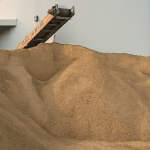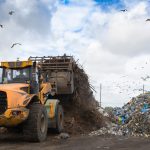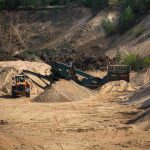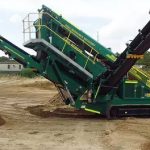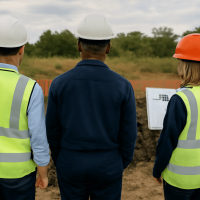Every successful construction or infrastructure project begins with a solid foundation. Among the most important materials in this process is road base, a versatile and durable material essential for building strong roads, pathways, and construction platforms. Without reliable road base, even the most ambitious projects risk premature deterioration.
In Western Australia, Peel Resource Recovery has emerged as a trusted provider of sustainable road base, leveraging decades of experience in waste management, crushing, screening, and materials supply. By offering road base that meets strict industry standards, PRR supports projects from Perth to Augusta and across regional WA.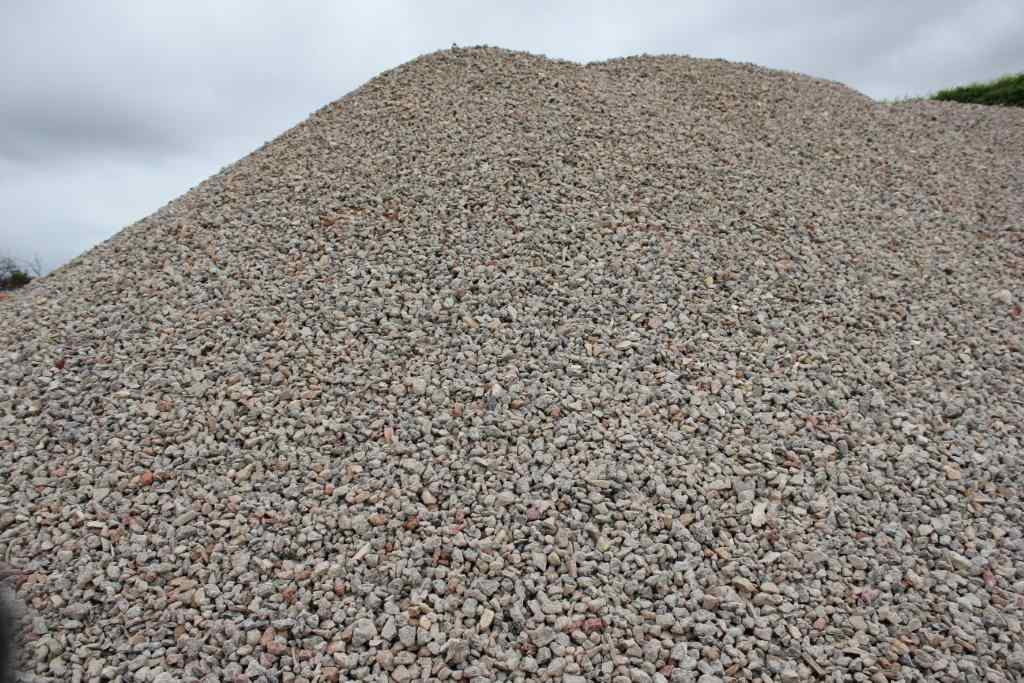
This article explores the importance of road base, its applications, production process, and its role in building sustainable communities.
What is Road Base?
Road base is a blend of crushed rock, aggregates, and recycled materials that forms the foundational layer beneath roads, pavements, and other infrastructure. It provides strength, stability, and durability to the surface layer, ensuring that roads and pathways can withstand heavy traffic and environmental conditions.
The quality of road base determines the long-term performance of the infrastructure it supports. Poor-quality road base can result in cracks, potholes, and structural failures, while high-quality road base ensures smooth performance and longevity.
The Importance of Road Base in Construction
Road base is more than just a construction material—it is the backbone of infrastructure. Its significance can be highlighted in several ways:
1. Strength and Stability
Road base distributes loads from vehicles evenly across the ground. This prevents structural stress and ensures that roads can handle both light and heavy traffic.
2. Durability
A well-compacted road base resists erosion and weathering, making it suitable for Australia’s diverse climate—from coastal regions to inland zones.
3. Cost-Effectiveness
Using recycled materials in road base production reduces reliance on virgin resources, lowering costs while supporting environmental goals.
4. Versatility
Road base is used not only in highways but also in smaller projects such as driveways, car parks, and pedestrian walkways.
Applications of Road Base
Road base is indispensable in civil and industrial construction projects. Some of its common applications include:
Road Construction: Forming the foundation for highways, regional roads, and urban streets.
Driveways and Car Parks: Offering stability for private and commercial spaces.
Railway and Port Infrastructure: Providing a stable platform for heavy-duty transport systems.
Construction Platforms: Creating a reliable base for large-scale building projects.
Drainage and Landscaping: Used as a filler material in drainage systems or for leveling ground.
These diverse applications highlight why road base remains one of the most demanded construction materials in WA.
Road Base Production: From Waste to Resource
At Peel Resource Recovery, the production of road base combines innovation, sustainability, and technical expertise.
Material Collection
PRR sources raw materials from construction waste, demolition debris, and quarry by-products. This reduces landfill waste and maximizes resource recovery.Crushing
Large rocks, concrete, and asphalt are processed through crushers to produce smaller aggregates suitable for road base.Screening
Materials are sorted to achieve the right particle size distribution, ensuring consistency and compliance with industry standards.Blending
Aggregates are blended with recycled materials to enhance durability while promoting environmental sustainability.Quality Assurance
Each batch of road base undergoes strict testing to meet specifications required for public and private projects.
Through this process, PRR delivers road base that is both high-quality and environmentally responsible.
Sustainability and Road Base
Sustainability has become a core driver in modern construction, and road base production plays a pivotal role in advancing these goals.
Recycling and Resource Recovery
By incorporating recycled concrete and asphalt into road base, PRR reduces the demand for quarrying virgin materials. This helps conserve natural resources and lowers the carbon footprint of infrastructure projects.
Reduced Landfill Dependence
Transforming construction waste into road base diverts thousands of tonnes of material away from landfills, aligning with the principles of the circular economy.
Compliance with Environmental Standards
PRR operates under strict environmental regulations set by the Australian Government Department of Climate Change, Energy, the Environment and Water. This ensures that road base production remains safe, compliant, and environmentally responsible.
Road Base in Western Australia
Western Australia’s vast geography and thriving industries make road base a critical resource. Infrastructure projects in urban centers like Perth, coastal towns such as Busselton, and regional hubs including Bunbury and Margaret River all depend on consistent road base supply.
Peel Resource Recovery’s strategic location and logistics expertise allow the company to service projects across the state. From residential driveways to major highways, PRR provides the materials that keep Western Australia moving.
Challenges in Road Base Supply
While road base is essential, its supply comes with challenges:
- Quality Variability: Recycled materials must be carefully processed to meet standards.
- Transport and Logistics: Delivering heavy loads across WA’s vast distances requires efficient planning.
- Environmental Compliance: Operations must minimize dust, noise, and emissions.
- Market Demand: The growing construction industry increases pressure on supply chains.
Peel Resource Recovery addresses these challenges through advanced equipment, skilled teams, and sustainable practices that prioritize both client needs and environmental protection.
The Future of Road Base
As WA continues to grow, the demand for sustainable road base solutions will only increase. Future developments in this field are expected to focus on:
- Enhanced Recycling: Using more complex waste streams in road base production.
- Greener Technologies: Incorporating low-emission equipment in crushing and screening operations.
- Smart Logistics: Leveraging digital systems for efficient transport planning.
- Stronger Standards: Aligning with evolving industry guidelines for safety and sustainability.
PRR remains at the forefront of these innovations, ensuring clients receive road base that meets the demands of modern infrastructure.
Why Choose Peel Resource Recovery for Road Base?
With over 60 years of experience in resource recovery and material supply, Peel Resource Recovery stands as a leader in Western Australia’s construction sector. The company’s road base solutions are:
- Sustainable: Incorporating recycled materials to reduce environmental impact.
- Reliable: Consistently meeting strict industry standards.
- Accessible: Delivered to projects across Perth, Bunbury, Busselton, and beyond.
- Backed by Expertise: Supported by skilled professionals with decades of operational knowledge.
PRR’s commitment to sustainability and quality ensures that clients receive road base solutions that support both immediate project success and long-term community development.
Conclusion
Road base is the unsung hero of construction and infrastructure projects across Western Australia. From highways to driveways, it provides the strength and stability needed for safe, durable surfaces. As demand for sustainable construction continues to rise, road base made from recycled materials offers both economic and environmental benefits.
Peel Resource Recovery leads the way in producing and supplying high-quality road base across WA. With a focus on innovation, sustainability, and regulatory compliance, PRR transforms waste into opportunity, ensuring that communities are built on foundations that last.
By combining decades of expertise with modern sustainability practices, Peel Resource Recovery ensures that road base remains not only a construction essential but also a symbol of responsible development for generations to come.


